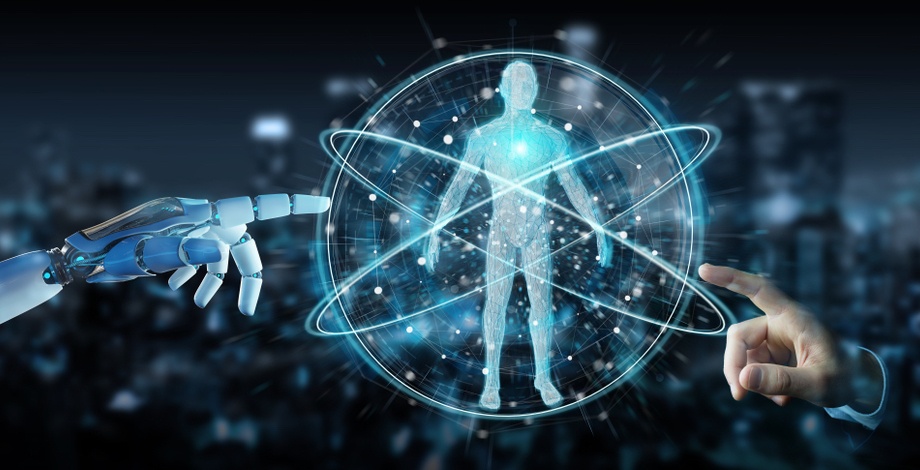



Get new exclusive access to healthcare business reports & breaking news




The outbreak of COVID-19 pandemic has disrupted the way industries operate, especially the healthcare industry. Artificial intelligence solutions proved that it has the potential to transform how industries function, especially the healthcare industry since the time the global pandemic has hit.
Healthcare industry is evolving rapidly, leading to increased life expectancy across the globe but as the longevity increases, the healthcare industry is facing challenges like increasing demand for their services, rising costs and a handful of workforce which is struggling to meet the demands of its patients. This changing demand of patients is being driven by a lot of different factors like aging population, a shift in the lifestyle and choices, new technologies being introduced etc. To overcome these challenges, the healthcare industry requires transformational changes and systems which will help the healthcare institutions to remain sustainable.
Artificial intelligence has the potential to revolutionize the healthcare industry and help it address some of its challenges. Artificial Intelligence solutions can provide support to healthcare institutions in care delivery & outcomes, patient experiences and improved access to healthcare services. It helps in increasing healthcare institutions’ productivity, efficiency of their services and allows them to provide better care to more patients. It can enhance the experience of healthcare professionals as well as the patients. It can lead to better healthcare outcomes, improve the day-to-day routines for healthcare professionals, providing them with increased bandwidth for their patients rather than focusing on administrative work etc.
Healthcare industry is one of the most obvious sectors to deploy AI solutions in as it generates massive amounts of data on a daily basis and huge amounts of money is being spent by healthcare institutions to manage and analyze those databases. There are an increasing number of opportunities since COVID-19 crisis to improve the quality of healthcare products and services for its patients. Following are some of areas where AI development can cause an impact in the healthcare industry.
With a plethora of challenges to overcome, driven by a variety of factors, it is very obvious that the healthcare industry needs to embrace new technological solutions to better serve its patients especially when the patients’ needs are evolving so quickly.
AI powered solutions have made space for themselves by addressing key challenges especially during the time COVID-19 pandemic. Healthcare institutions along with AI development companies can focus on addressing the key challenges in the way of implementing AI solutions and could enhance the offering of the healthcare industry. It has become obvious that the AI solutions would be soon becoming a part of major digital healthcare solutions. The benefits the solutions offer are two-fold and can be leveraged if utilized to its full potential by the healthcare professionals, the admin staff of healthcare institutions and by patients and their families.
Nora Winkens
Nora is a copywriter and content writer for Daffodil Software. She specializes in ghost blogging, email marketing campaigns, and content for sales pages. She works closely with B2C and B2B businesses providing digital marketing content that gains social media attention and increases your search engine visibility.